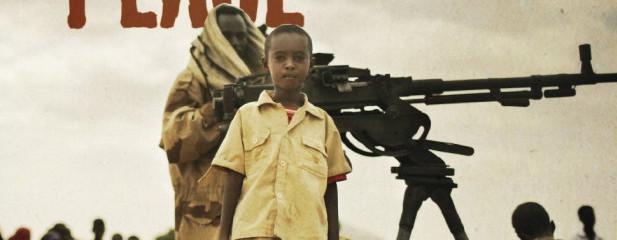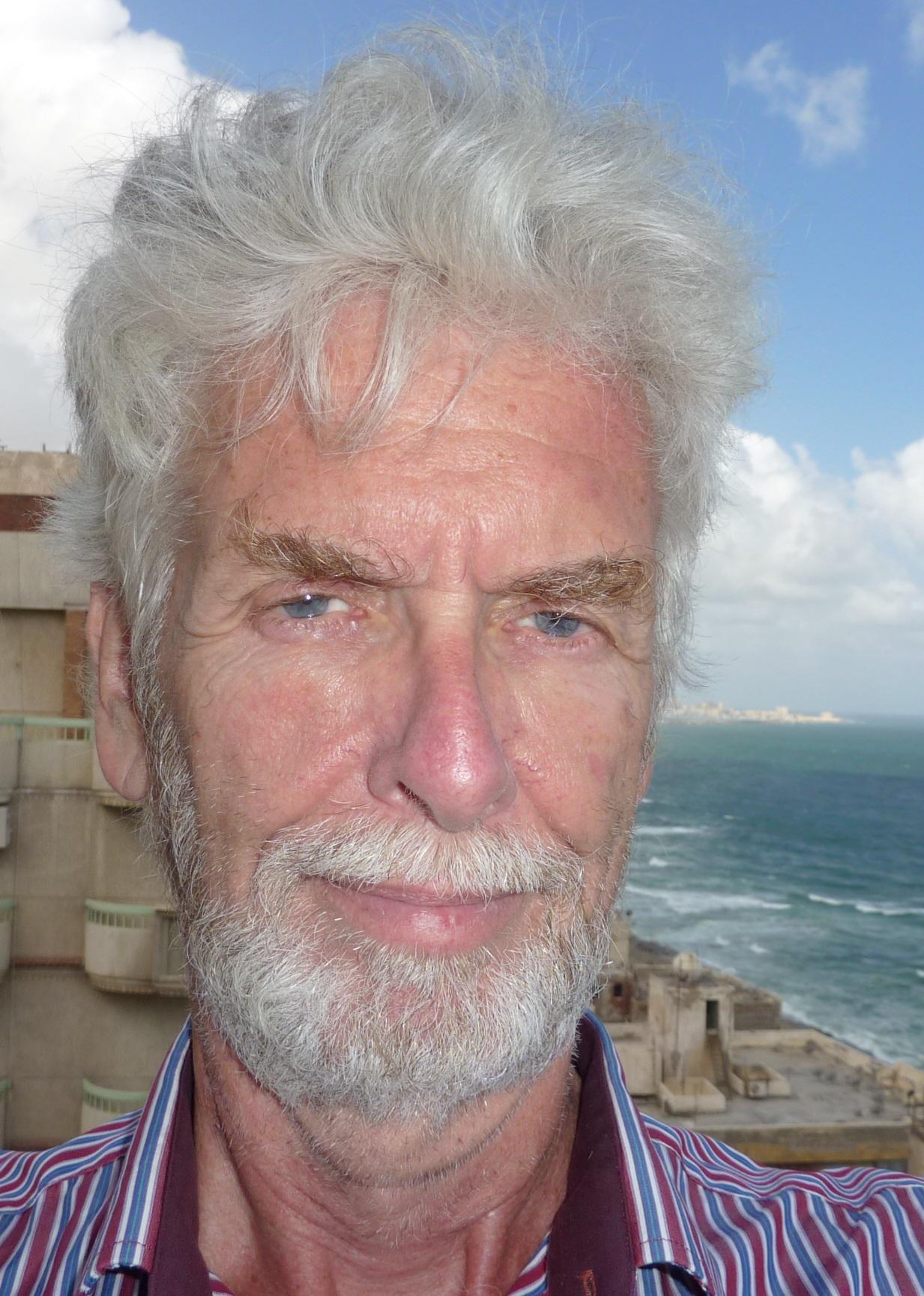Land Belongs to the Community
To avoid the continuity of conflict over land and its resources in the Sudan, it should be constitutionally and legally confirmed that "land belongs to the community" and that "community land should not be sold." Community land for investment can be leased out and not sold out at all to outside users. For any investment to take place communities must be consulted and made to understand what type of investment it is and how it will benefit them. The gross injustices that have been condoned, so far so bad, in the world today in the name of investment and national economic growth (that does not trickle-down to the local poor community) should never be allowed to take deep roots in the Sudan. It is better to live poor and closer to nature in a community owned land than let go the community land in the name of modern advancement in infrastructure that is only affordable and disposable to the elite and the rich. In a research we carried out all over Southern Sudan in 2004 on Community Land Tenure and Ownership, no single community told us that they would reject government to make use of their land; what they require from the government is only consultations and transparency in what is going to be the outcome from the land use. That is, the government has to involve the community and make it understand the benefits from the use of their land. Not only the government, but we found out that those communities do not have a problem with a stranger coming to live and use their land if it is done with their consultation and consent. What they totally reject is the deception or use of force in acquiring and taking away the land ownership from them. In my judgment, Southern Sudan communities in rural areas are right and wise in this common stand, because, if ownership of their land is transferred to the government, then it is at risk of being privatized or individualized corruptly by the government as it has happened in Northern Sudan and elsewhere in Africa where the land is legalized to belong to the government. Government can be feared to turn corrupt for selfish purposes but the community is infallible to draw itself into such evil decision. Therefore, to guarantee community benefits from their land, the law must ensure that land ownership remains at the custody of the local people in Rural areas, and not the government. The government can change but the community remains.






